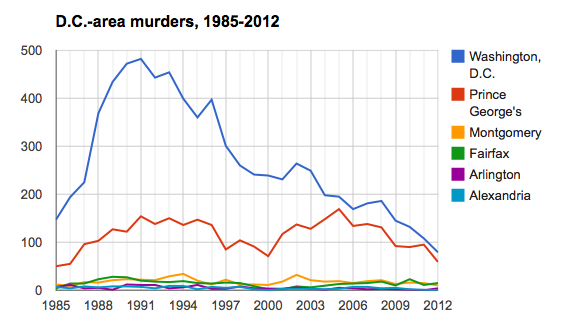It’s not as if we have no precedents to learn from. In the old days when I sat around with other economists, conversations often turned to the news media’s complete misrepresentation of free market economics.***
Perhaps the oddest thing about old-school media bias is that it effectively alienates more than half of the potential customer base — viewers who believe that free enterprise is better for society than big government policies. Besides driving viewers away from their product, the media’s hostility toward half the population was creating an opportunity for potential competitors.
It was this market opportunity, of course, that naturalized Australian-American Rupert Murdoch saw and exploited with the creation of Fox News. Today, Fox dominates the news business, at least in terms of profits. This is because many legacy media outfits compete for about half the market, while Fox is nearly alone in serving the rest. This experience ought, it seems to me, to attract entrepreneurs to serve the Fox viewership in the arenas of film and television.
As media and entertainment are often linked, it’s pretty clear that so-called liberals still have the advantage when it comes to influencing public opinion. Today, propaganda is often called “spin,” but whatever you call it, it is only one factor in opinion formation. The other big one is actual results.***
One of the biggest cultural changes in modern times is the collapse of the image of California as “the Golden State.” Moreover, polls of the nation as a whole demonstrate a far more sophisticated appreciation of economic cause and effect than you would surmise if all you paid attention to were Hollywood and the MSM.
Ultimately, math trumps spin. Though there are a lot of people trying their hardest to convince America that it has permanently adopted European socialism, it isn’t true. Things have been far worse in the past, by all measures. If you don’t know this, you risk falling prey to the conservative doom-and-gloom machine, which I hate almost as much as the liberal scaremongers.
The reality is that our current mess will not be that hard to extract ourselves from, once we have surpassed our national pain threshold. Part of the reason is that there is so much innovation bottled up by high taxes and overregulation. As soon as federal policies change, this backlog will create very rapid growth, especially in the fossil fuel and biotech sectors.
Could it be that those of us who are predicting economic gloom have been taken in by those who favor the government?
Progressives wanted to claim that awful things would happen if the sequestration happened. Other than the air traffic controllers being forced to skip days so that the awful sequester would show up, what were the side effects?
They predicted bad stuff would happen if the government stopped functioning, some of us are predicting bad stuff when the government goes bankrupt (or whatever).
How are these two predictions different?
***
Part of the reason is that there is so much innovation bottled up by high taxes and overregulation. As soon as federal policies change, this backlog will create very rapid growth, especially in the fossil fuel and biotech sectors.I think I was right before I over-thought it: let's get this government collapse over with sooner rather than later.
